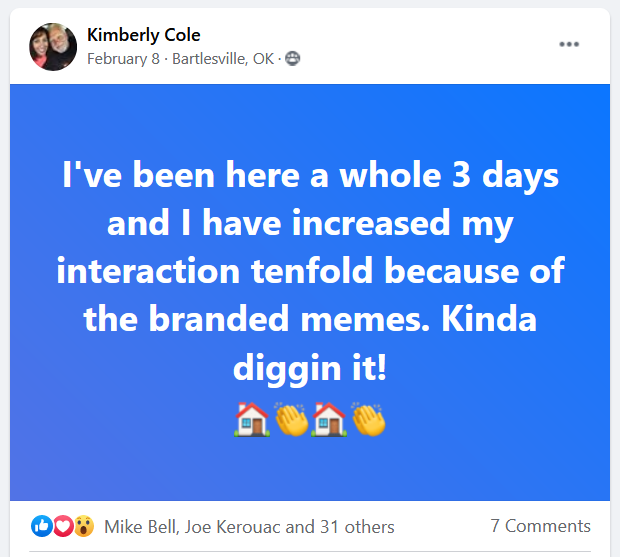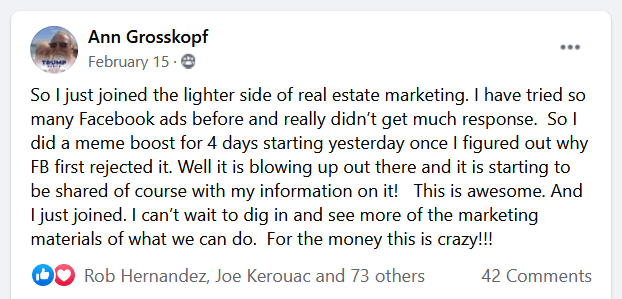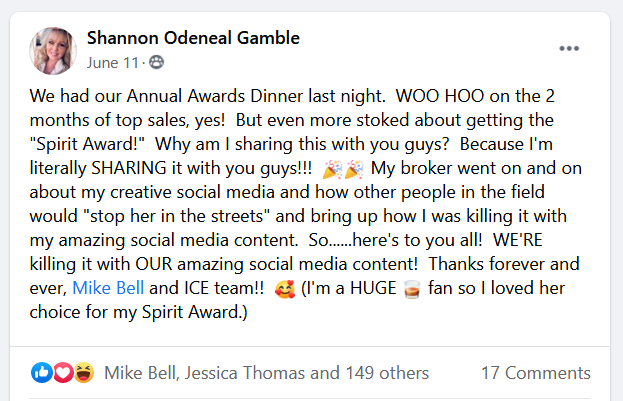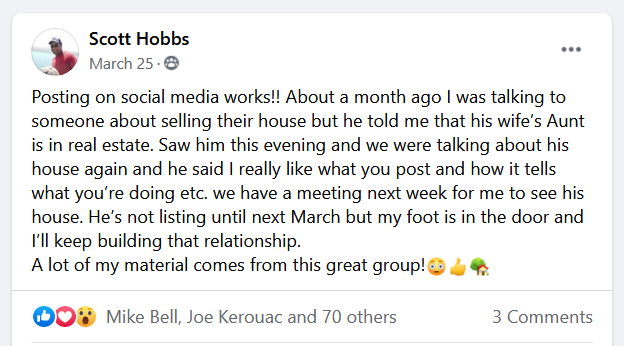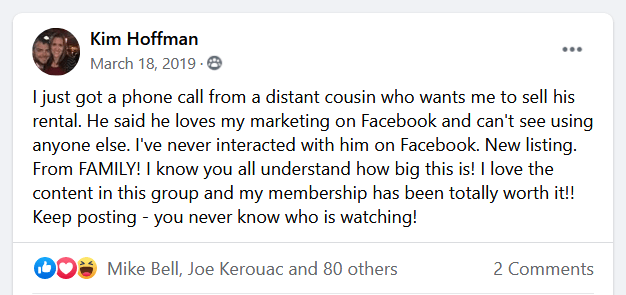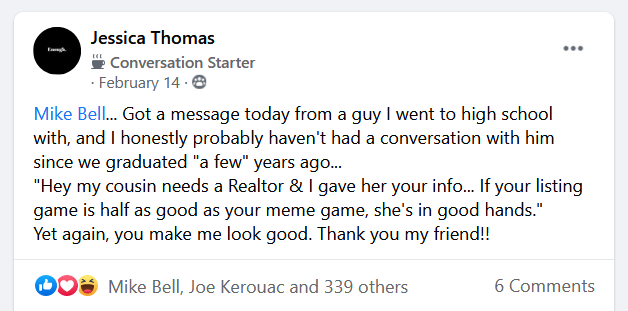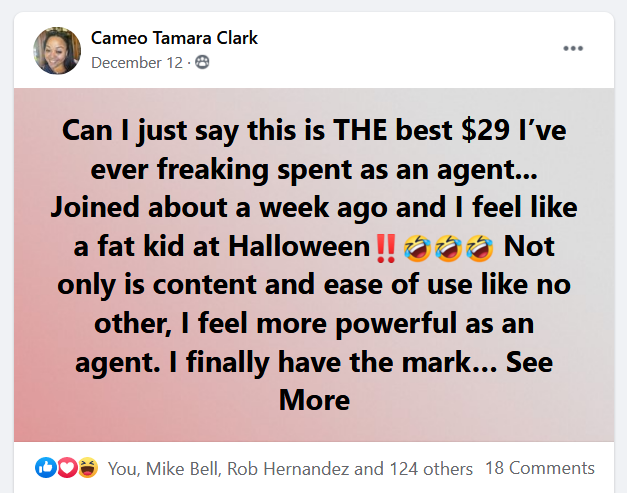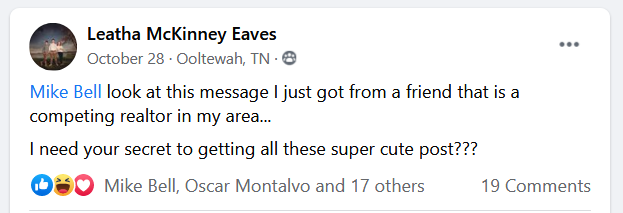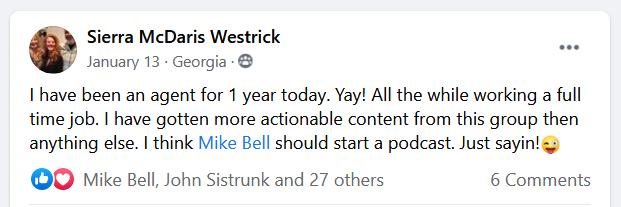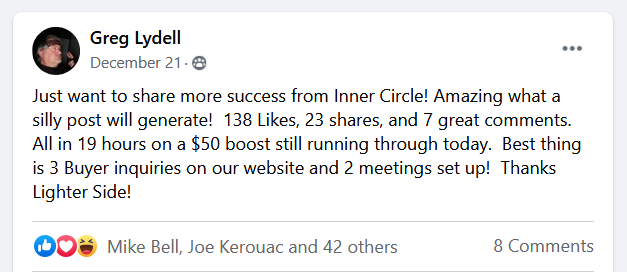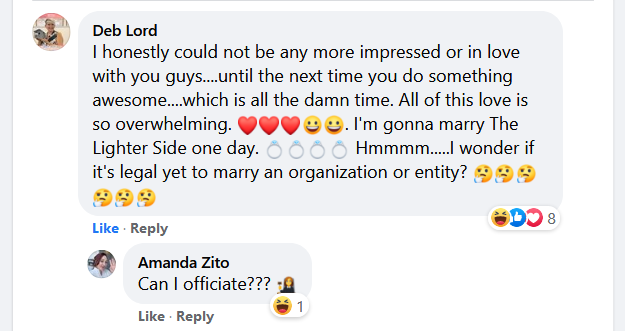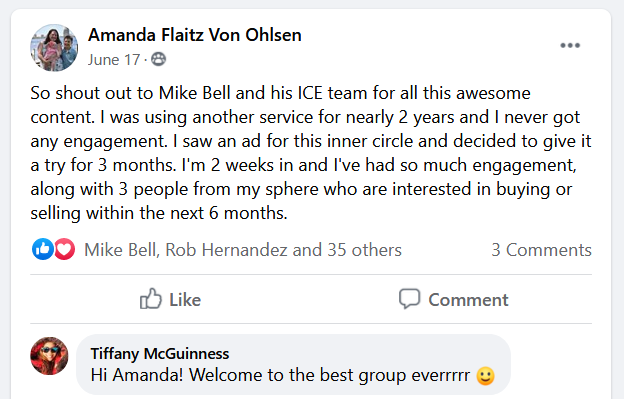
Take Your Word-Of-Mouth Real Estate Marketing to the Next Level by Teaming up with a Local Influencer
Most real estate agents use social media as a means of marketing themselves, at least to some degree. Some agents are able to build a


One of the first rules of sales is that the customer is always right. Even if the store, company, or salesperson did nothing wrong, it’s just good business to give the customer whatever it is they want or need.
So, of course it happens in real estate. An agent is sometimes better off letting their client do something they wouldn’t recommend, rather than trying to prove their client is wrong in order to maintain a good relationship. But it’d be a whole lot better if you didn’t do certain things when you’re buying or selling real estate, because they can actually hurt you and make you wish you’d listened to your agent’s advice!
Here are 6 things you might feel you’re right about thinking or doing, but shouldn’t insist on being right because they could end up causing you major issues:
Technically you’re right if you think you don’t have to get pre-approved before looking for a house to buy; there’s no rule or law saying you need to. But doing so isn’t the wisest choice. Getting pre-approved for a mortgage before you start looking helps you to avoid wasting time looking at houses you can’t afford, and the heartbreak of finding one you do love, only to find out you can’t afford it.
So, while you can find agents who won’t insist that you get pre-approved before they take you out to look at houses, the ones who do insist are just looking out for your best interests.
You have the right to list your house for any amount you want, but listing it for too high of a price is one of the biggest (and most common) mistakes many sellers make. It might seem like your agent is trying to convince you to accept a lower price than you think your house is worth — just to make a quick sale, or make their job easier — but most agents take a lot of care in coming up with their pricing recommendations.
Even if an agent is willing to list your house at whatever price you want, there’s a good chance you’ll eventually see that the price they originally recommended was about where it ended up selling. Listing at a higher price tends to cost you more time on the market, and often houses sell for less than they would’ve if they were priced appropriately to begin with.
Some buyers see a house they love but want to wait to make an offer on it until they see every single home on the market, or wait to see if something better is listed in the future.
While you shouldn’t rush such a big financial decision, if your agent seems to be pushing you to make an offer rather than wait, it’s probably because they know there’s a good chance the house will be sold by the time you decide to make an offer and that you’ll regret it. Don’t let it slip through your hands; it’s the adult equivalent to losing a balloon when you’re a kid after being told to make sure you hold onto the string tightly.
You don’t have to accept an offer from a buyer if they offer less than you’re asking, but you’re probably better off negotiating them up as much as possible and accepting their offer, rather than waiting for another buyer to come around in the future.
There are certainly exceptions to the rule, but more often than not the first offer you receive is the best you’re going to get. That’s because it’s usually being made by the most serious buyers in the market, and the longer your house is on the market, the more buyers see it as negotiable and they often offer less than the first buyer. Agents know this from experience seeing enough sellers regret not taking the first offer, so trust them when they advise you to do this, rather than hope a better offer will come along.
Real estate values aren’t constantly climbing; the market has ups and downs. So it’s only human to want to avoid buying at the peak, and to buy at the bottom of the market. But being right about when (and even if) the market will crash is almost impossible. Economists can’t accurately predict if, when, or how much the market will crash, so it’s pretty much impossible for a homebuyer (or your agent) to figure it out. Yet, plenty of would-be buyers think they can somehow do it.
Buy a house when you need or want to, at a price you feel comfortable with and can handle financially. While you may not buy at the absolute bottom, it’s still most likely a lot lower than it’ll be in the future. Over the long haul your house will appreciate and you will gain equity no matter when you buy.
As mentioned in #5, predicting the market is almost impossible for buyers, and the same (but opposite) rationale applies to sellers. The chances of waiting to sell your house until the market has peaked is an almost impossible task.
If you want or need to sell and the market is strong, by all means do it! You never know when something in the market will change and prices start to come down. It may be aggravating to sell your house and then feel like you would’ve made more money if you’d waited a while, but that’s nowhere near as aggravating as waiting and selling for less than you could have if you hadn’t tried to time the peak.

(Shh, our secret)
Show your sphere your an expert. We have over 2100 articles covering every real estate topic your audience will love.
Position yourself as a real estate authority!
Real estate + topical events — the perfect match!
Become the bearer of good vibes!
Because hey, everyone loves to laugh!



Get our weekly email that makes communicating with your sphere on social actually enjoyable. Stay informed and entertained, for free.

Most real estate agents use social media as a means of marketing themselves, at least to some degree. Some agents are able to build a

Hey there, Real Estate friend – I know Facebook can really burn your biscuits, but… Don’t throw in the towel just yet. Your business page

Oh, how being a real estate agent has changed over the years. It used to be that if you wanted to learn something, get another

Blogging is something many real estate agents struggle with. To begin with, you might wrestle with whether or not it’s even worth doing. Is blogging
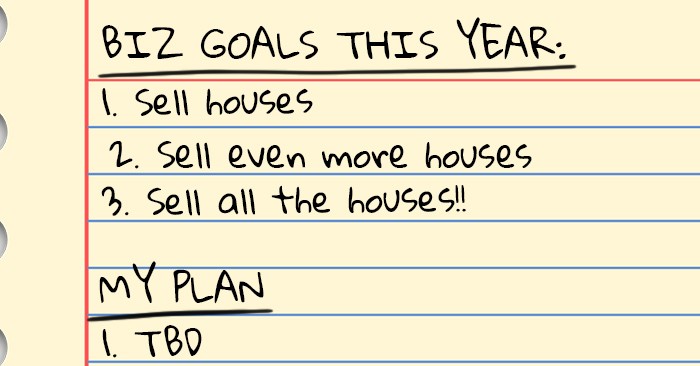
Raise your hand if you’ve at least mentally made a resolution to sell more houses in the coming year. Every year is a clean slate
Depending on your situation, it may not take the full 30 minutes.

This reset password link has expired. Check the latest email sent to you.
